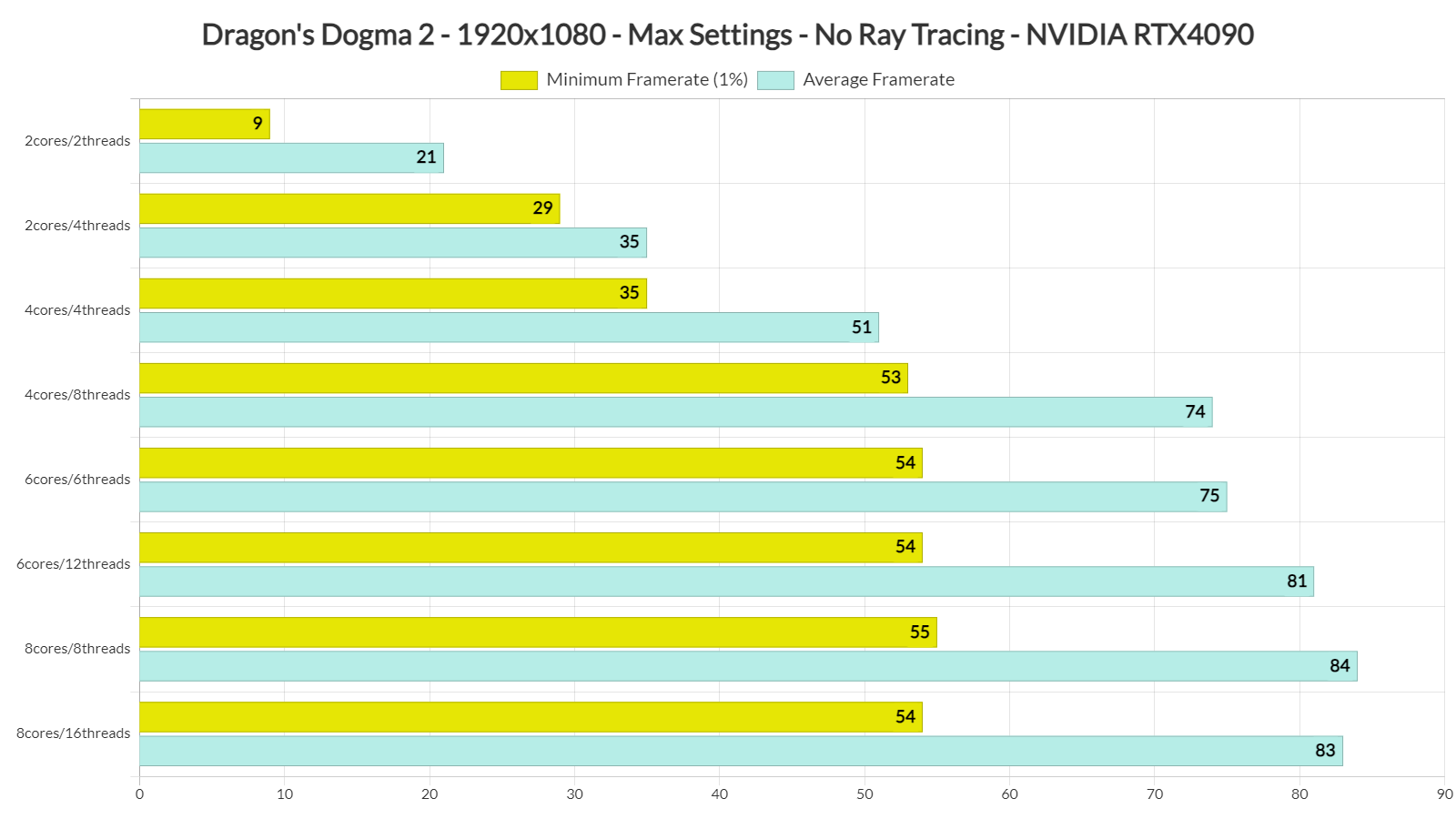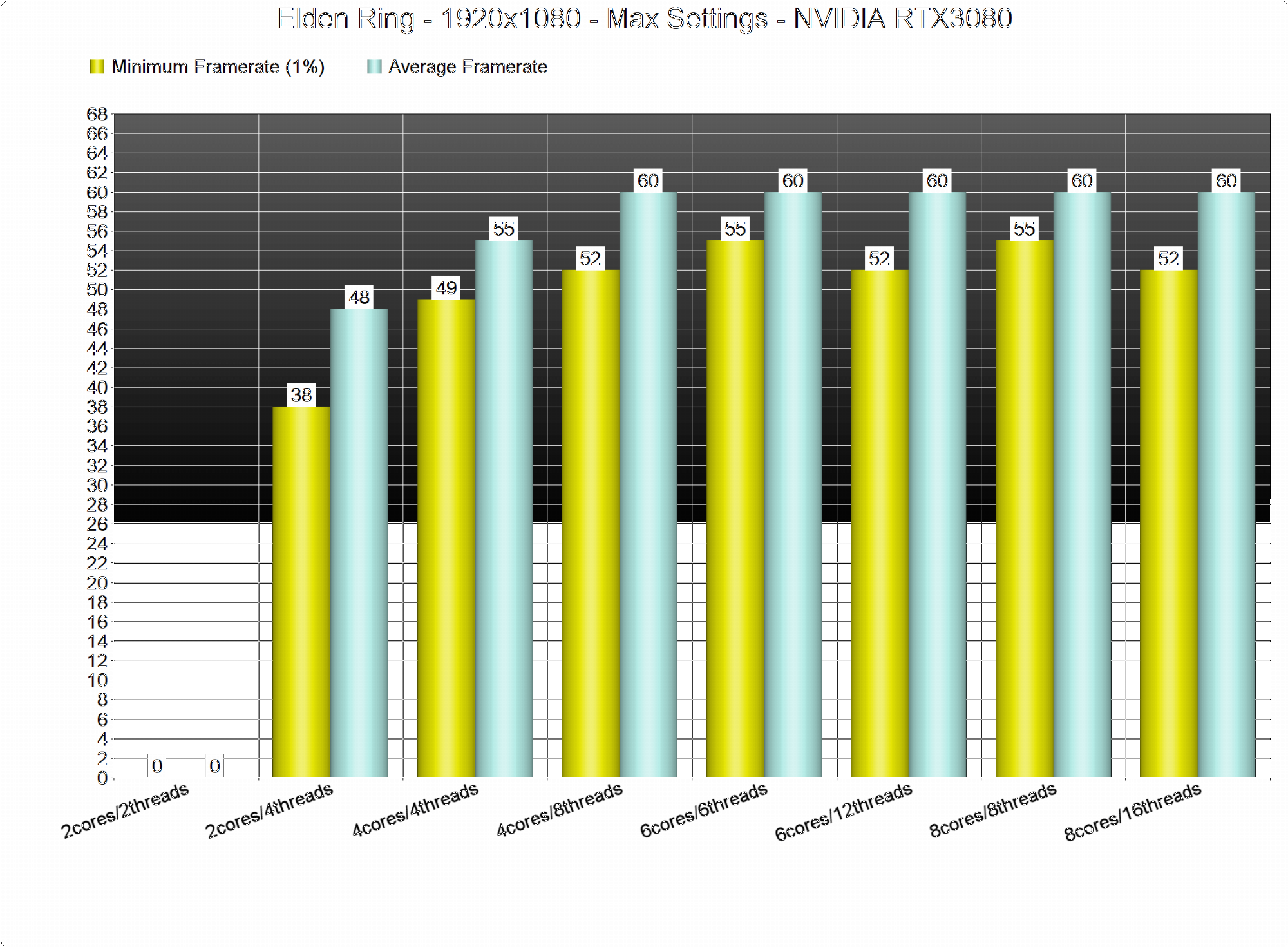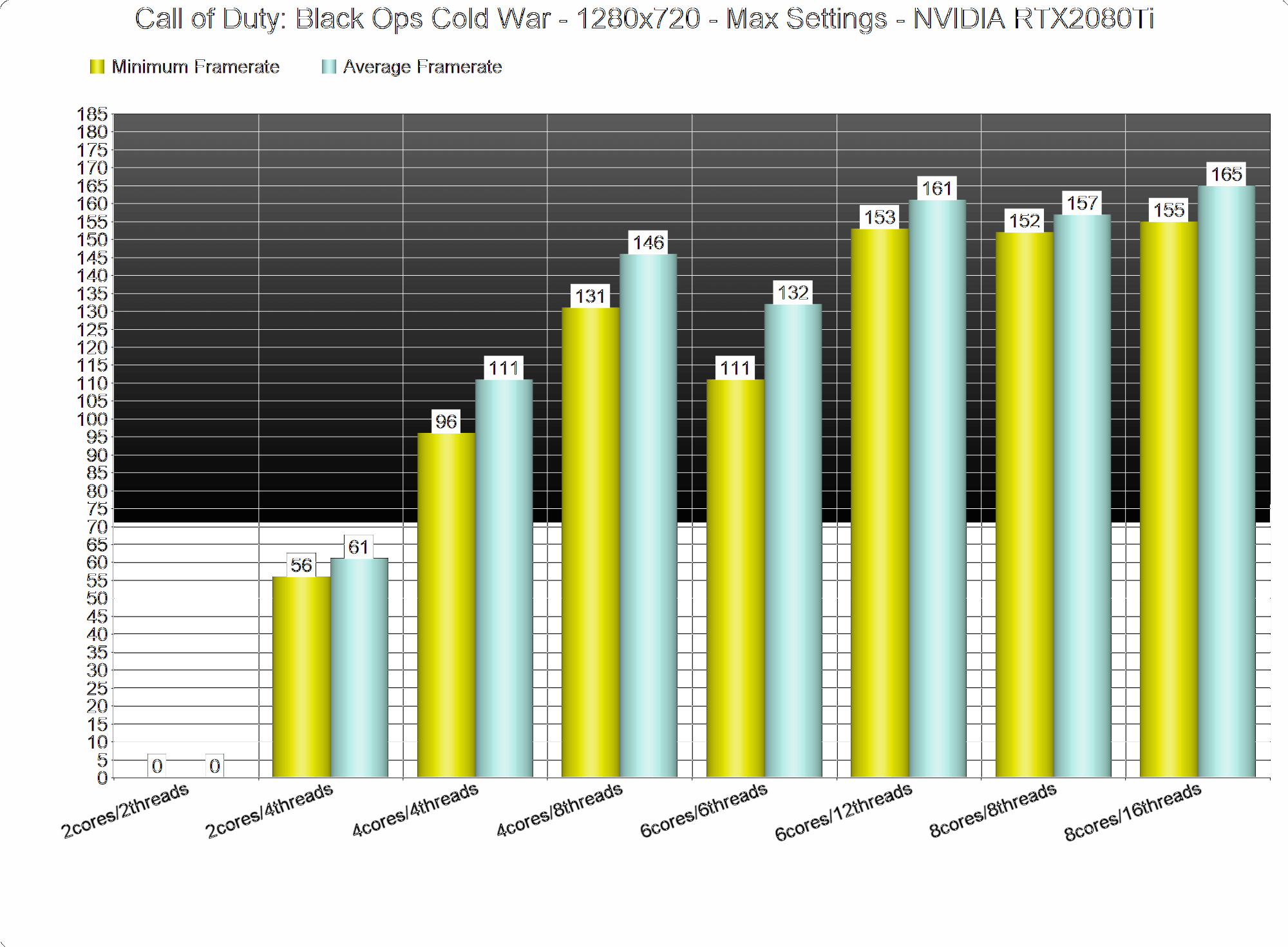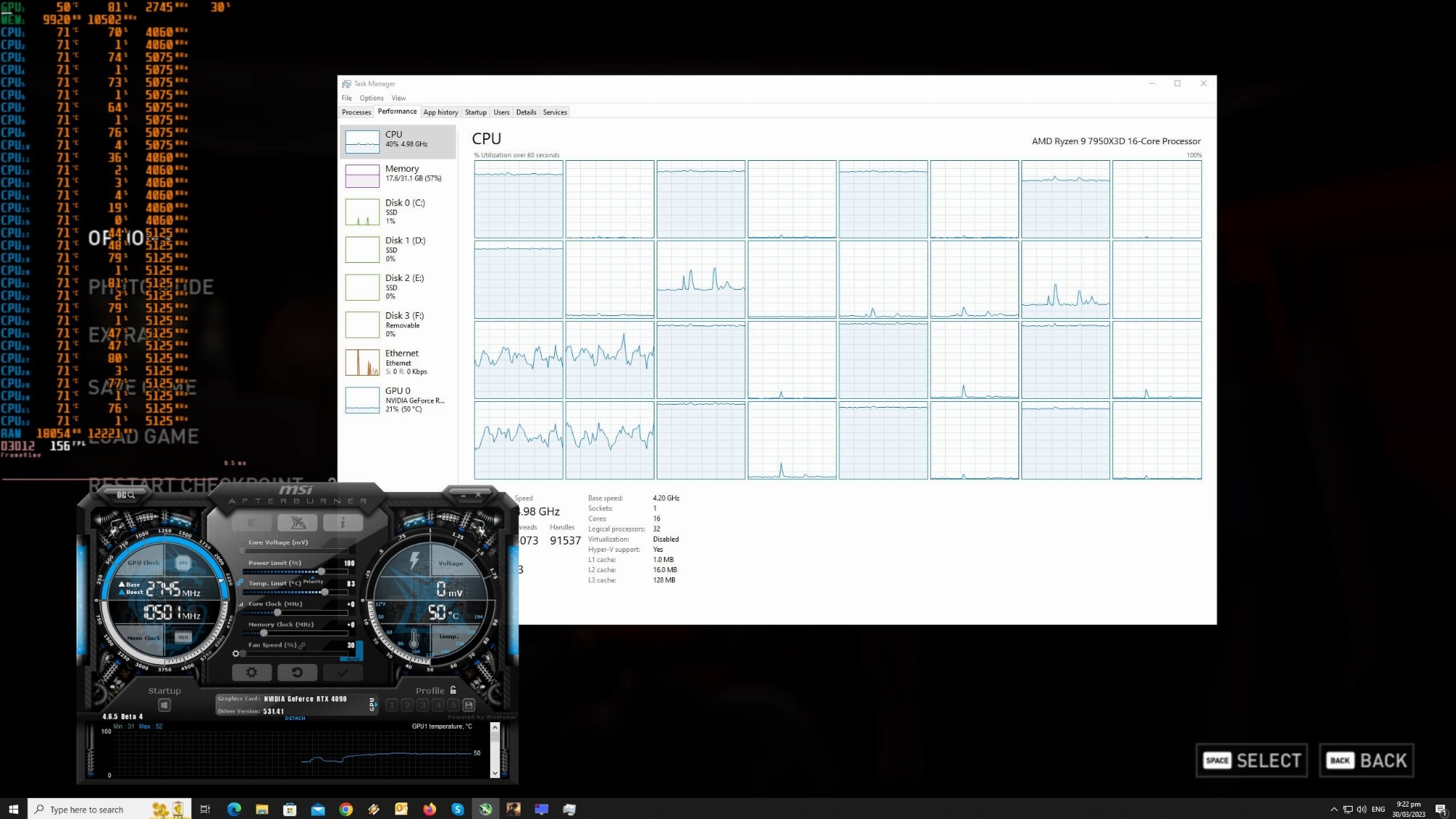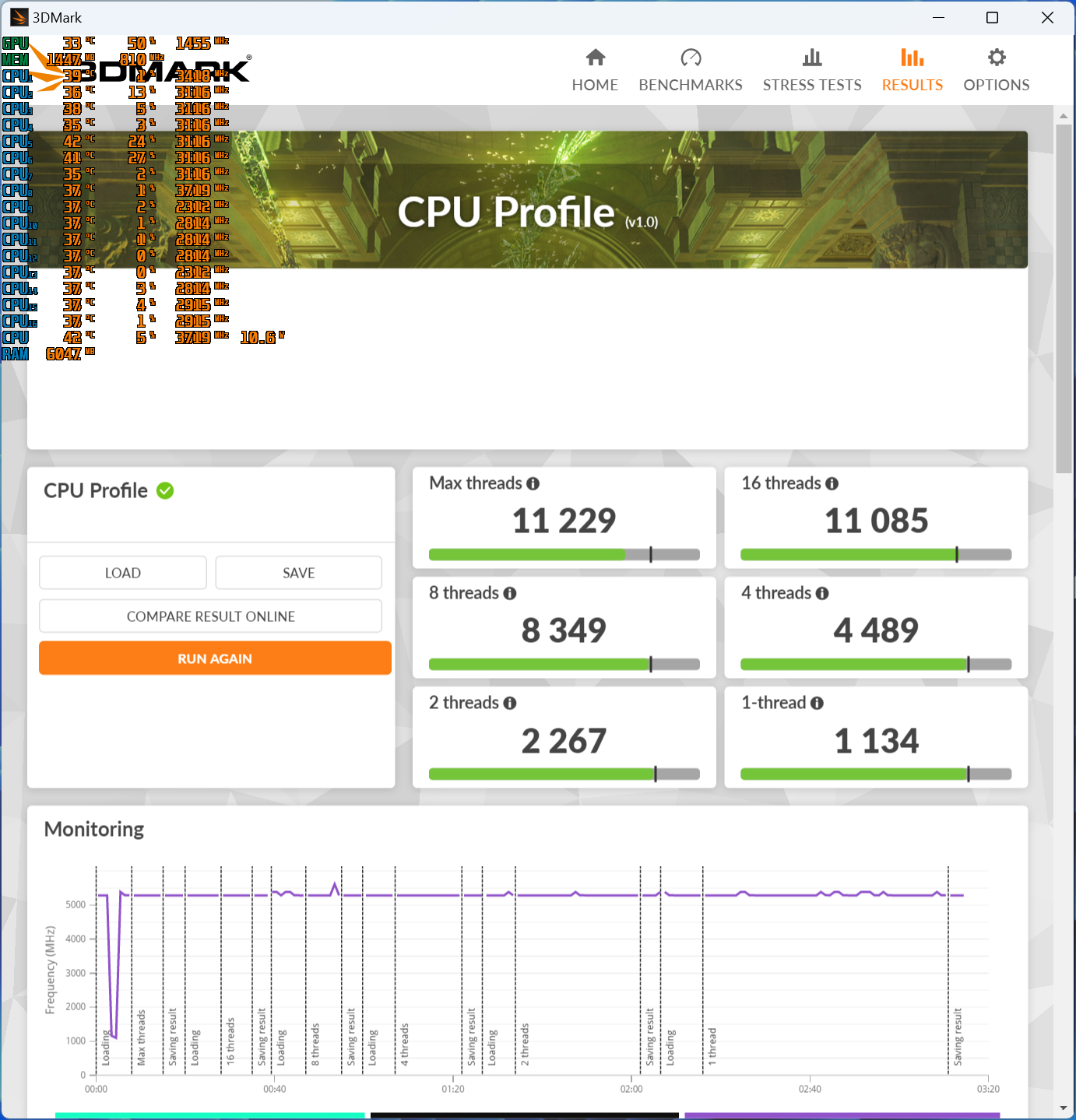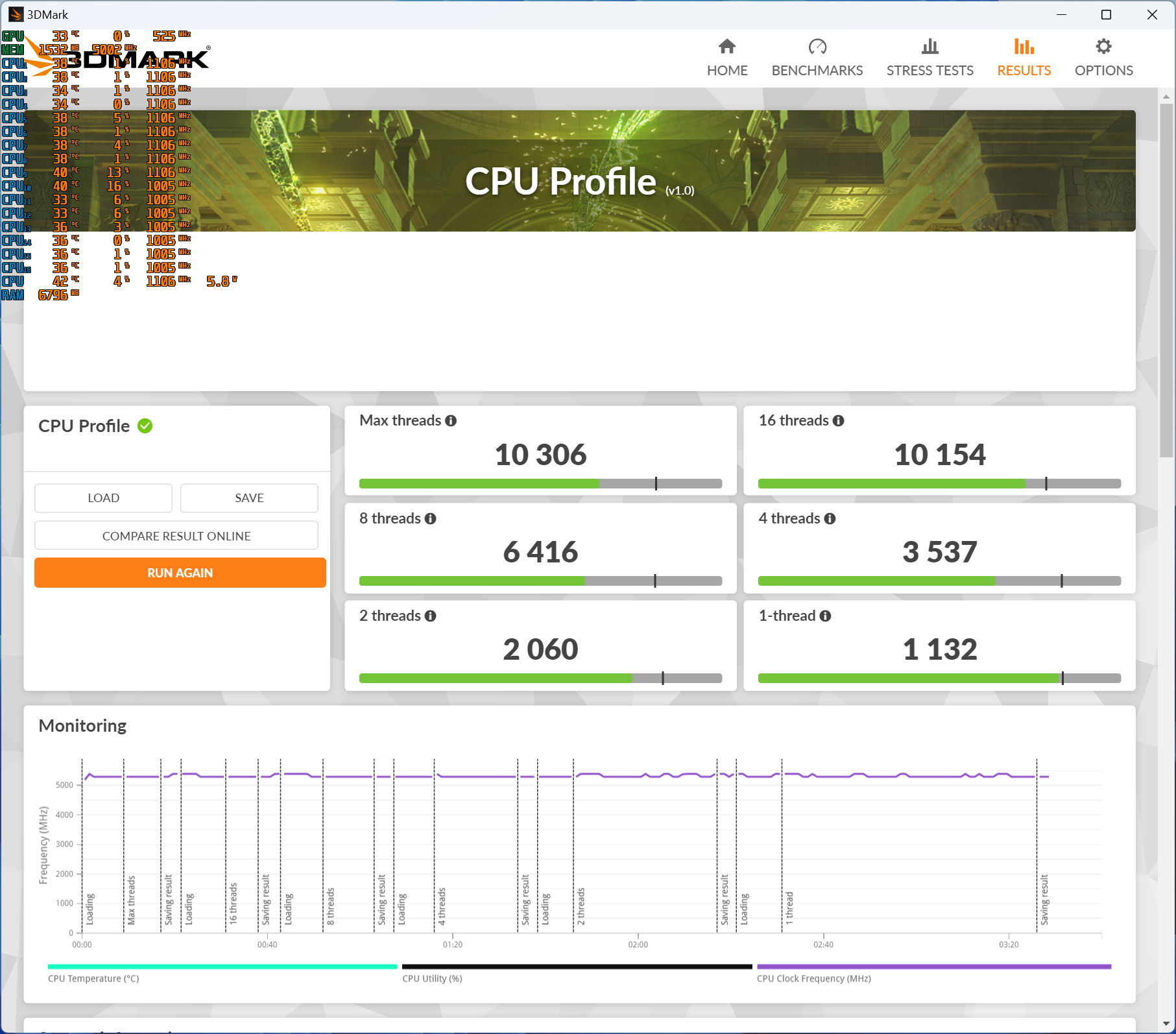xDiVolatilX
2[H]4U
- Joined
- Jul 24, 2021
- Messages
- 2,592
I have a question that I don't have time test myself so maybe someone knows or has a link to someone online that has tested this.
Curious about 13700k all the way up to 14900k.
What is more valuable using the hyperthreading on on the 8 CPU P cores?
Or using the 8-16 E cores available?
For gaming, which is better for more FPS?
If you had to chose one or the other not both so save some the heat generated by having everything just on at all times.
I can't find any good evidence of which is better online? Any help?
Curious about 13700k all the way up to 14900k.
What is more valuable using the hyperthreading on on the 8 CPU P cores?
Or using the 8-16 E cores available?
For gaming, which is better for more FPS?
If you had to chose one or the other not both so save some the heat generated by having everything just on at all times.
I can't find any good evidence of which is better online? Any help?
![[H]ard|Forum](/styles/hardforum/xenforo/logo_dark.png)
